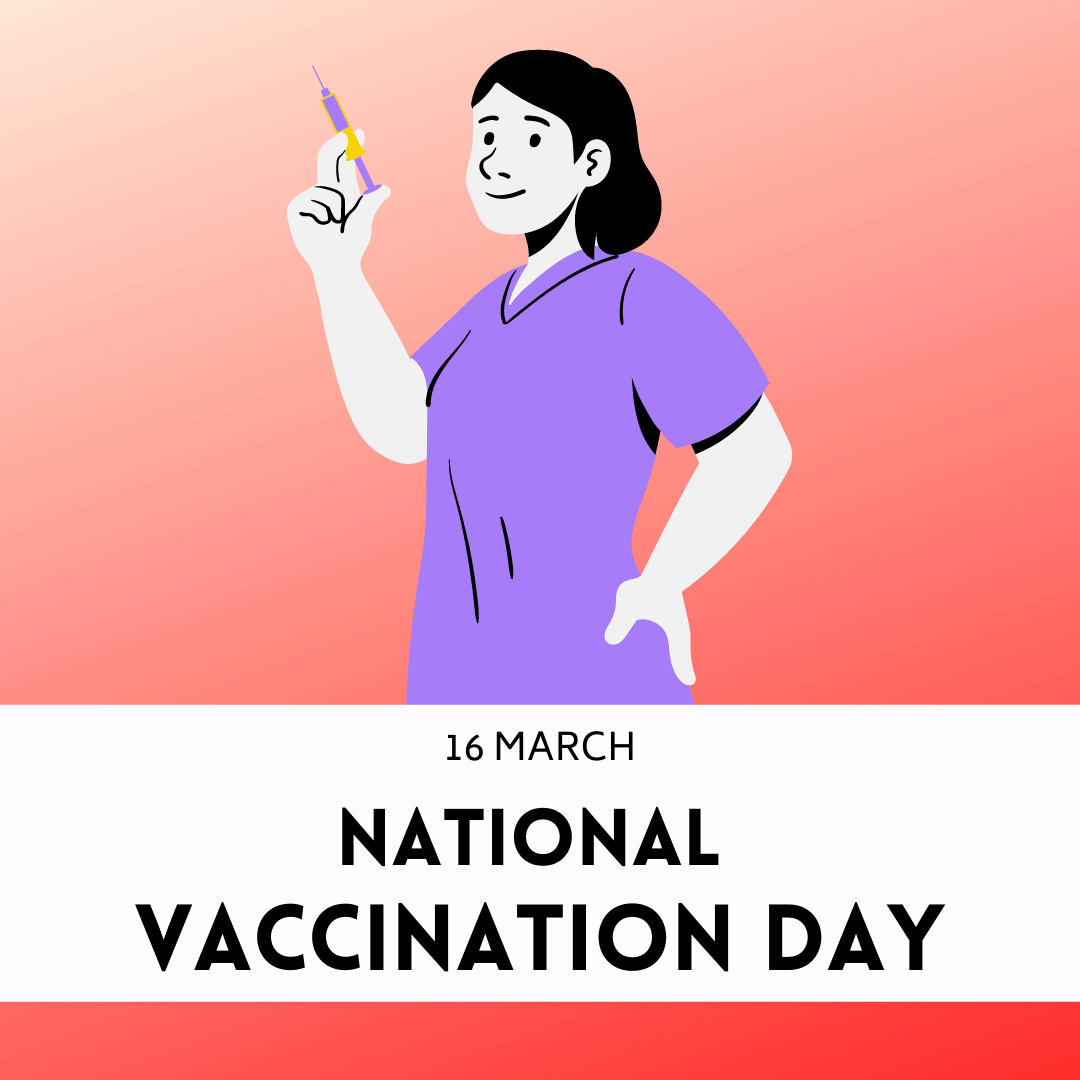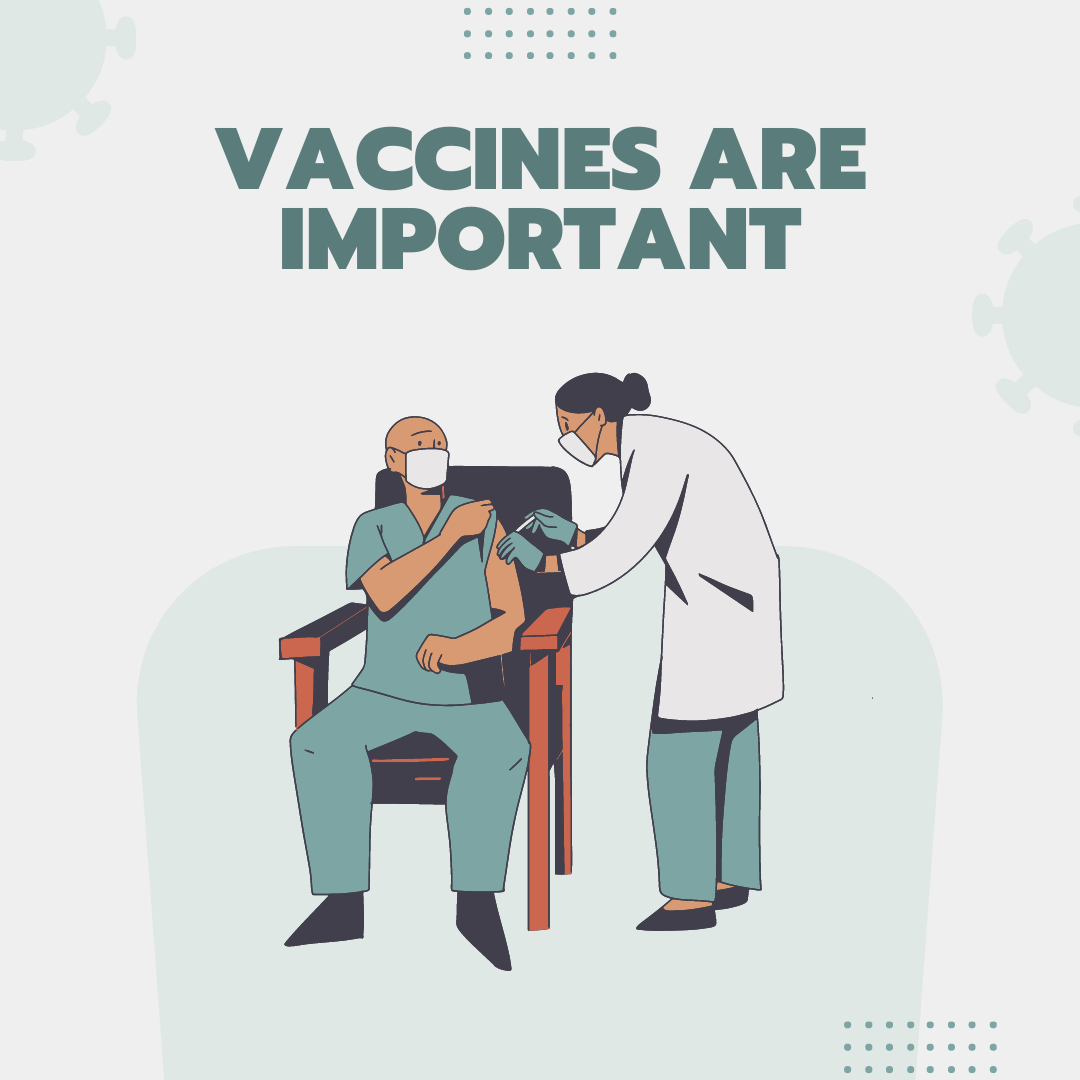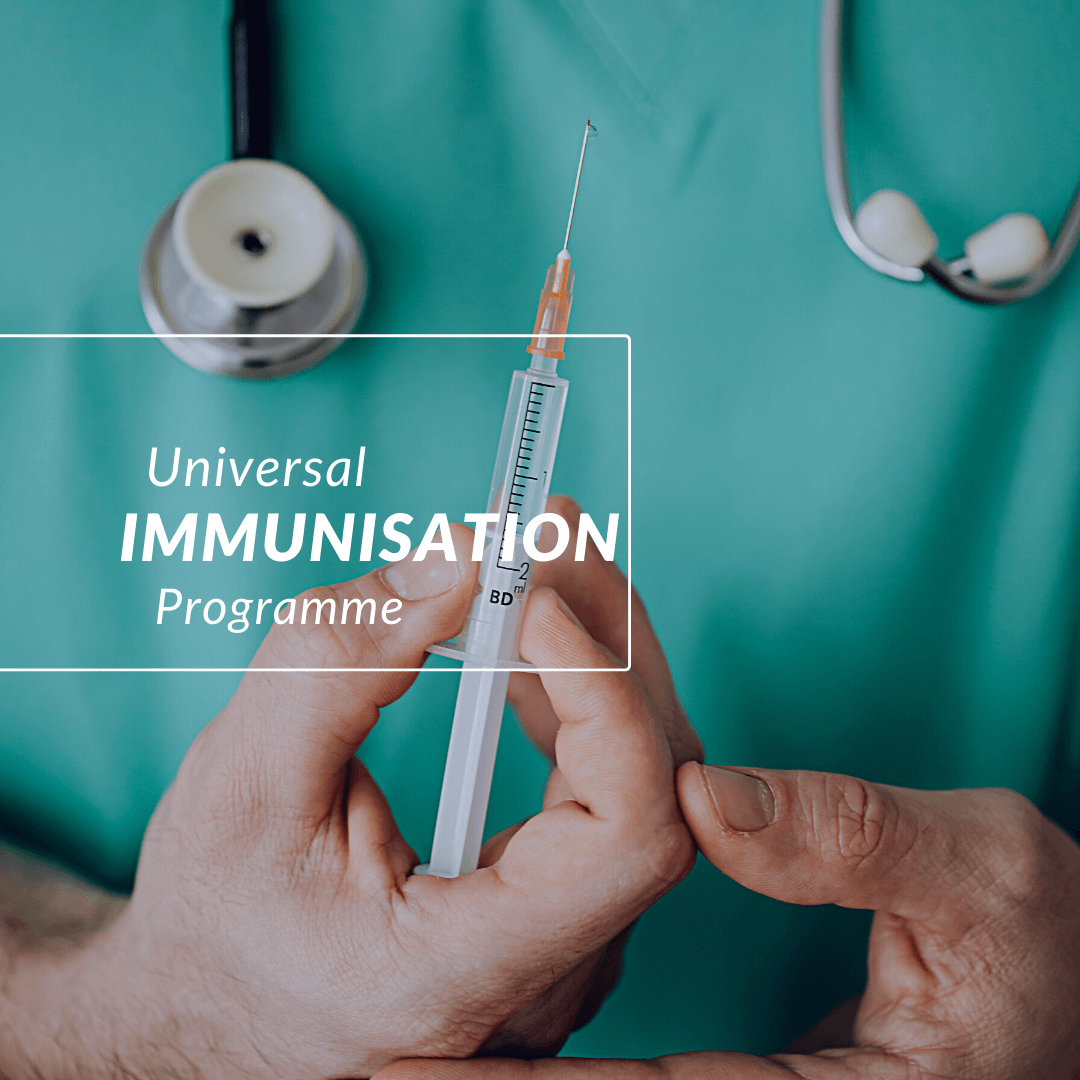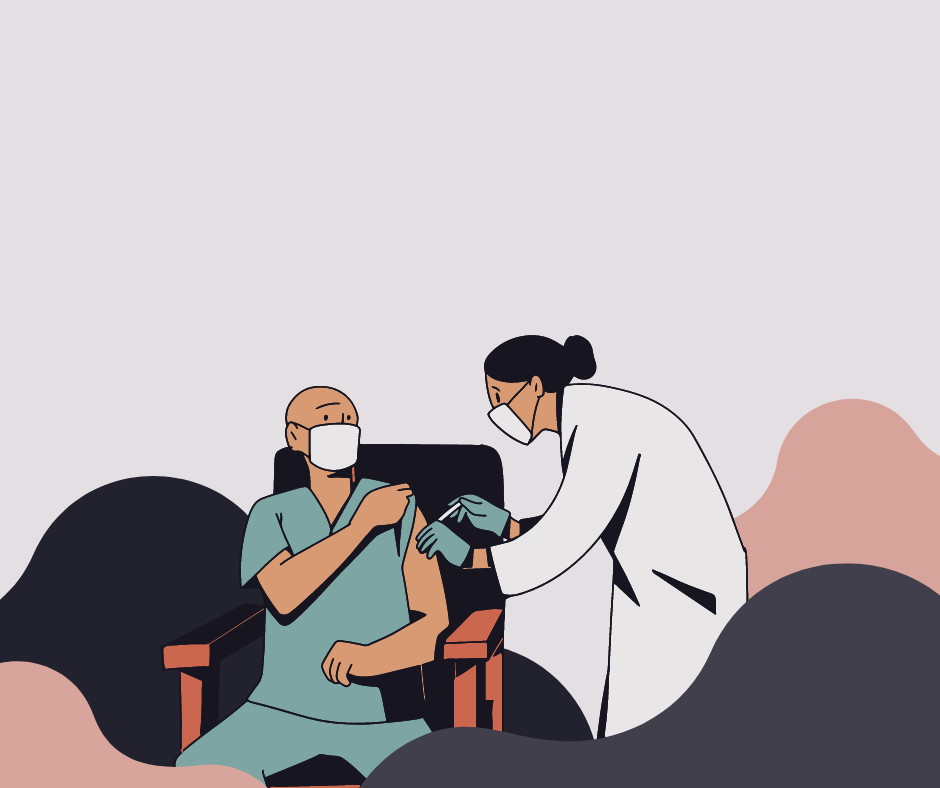

National Vaccination Day 2022 - History, Significance, and Covid-19 Awareness
By: Aman, Sonali
Published On: March 15, 2022

Source: Canva
National Vaccination Day or National Immunization Day has been celebrated in India every year on March 16, since 1995. It marks the first dose of the Oral Polio vaccine in India given under the Pulse Polio Immunization Programme, launched in 1995. Under this Programme, two drops of vaccine were given to children of age group 0-5 years in public healthcare facilities every year on National Vaccination Day by the government initiatives. With a multitude of awareness campaigns and efforts by the government and healthcare workers, India has declared itself a polio-free country on March 27, 2014.
The aim of National Vaccination Day is to make people aware of the importance of vaccines in our lives with regard to eradicating polio. Vaccines have helped us arm ourselves against polio and many diseases, and much more recently, Covid-19 and its variants.
The Importance of National Vaccination Day
Vaccination programs safeguard people from fatal diseases such as Polio, Tuberculosis(TB), Tetanus, Covid-19, and much more. Vaccines are a form of medicine that acts on the immune system of an individual and makes it stronger and more adaptable to fight any infectious diseases. In the current scenario, owing to Covid-19 and the disastrous consequences that it has brought along, the importance of vaccines cannot be overlooked.

Source: Canva
The National Health Programme website states that on every National Vaccination Day, about 172 million children are immunized, which marks the progress of healthcare infrastructure in our country. On top of this, there are plenty of vaccination programs that are being undertaken by the government to combat viruses and diseases that are hazardous to the health of citizens.
What is Immunization?
Immunization involves injecting a vaccine into a person’s body to protect them from diseases. It is a process that involves creating antibodies to equip the immune system to combat diseases and harmful viruses.
Vaccine enables a person’s immune system to generate antibodies. These antibodies are nothing but weakened forms of bacteria that can create antibodies to fight against diseases that are infectious in nature. A commonly known fact about immunization is that it has many terms such as shots, jabs, vaccination drive, needles.
Pulse Polio Programme
Pulse Polio Programme made it mandatory under its campaign that two drops of oral vaccine were to be given to every child till the age of five years. Pulse Polio Programme was successful in India, and in 2014, World Health Organization declared India to be a polio-free country. January 30th, 2011, was the last date in which a polio case was detected in the state of West Bengal.
After the initiative of the Pulse Polio Programme, vaccination drives have become a mandatory requirement and its awareness is being increased with the help of National Vaccination Day.
Vaccination Schemes adopted by the government
Universal Immunization Programme (UIP)

Source: Canva
Universal Immunization Programme is the largest public health intervention measure taken by the government and under it, immunization was provided free of cost against 12 diseases that can be prevented with the help of vaccination. UIP was commenced in 1978 by the Ministry of Health and Family welfare. UIP’s achievement can be clearly seen with the eradication of Polio in 2014 and the elimination of neonatal tetanus in 2015.
Following are the vaccines introduced under UIP:
Bacillus Calmette-Guerin vaccine
Oral Polio Vaccine
JE vaccine
PCV, Rotavirus vaccine
Pentavalent vaccine
Hepatitis B vaccine
Tetanus and adult diphtheria (Td) vaccine
DPT
Mission Indradhanush
Mission Indradhanush was launched by the Union Health Ministry on December 25, 2014. This mission revolved around increasing the full immunization coverage of children to 90%. Mission Indradhanush reaches the areas and segments of the population with low immunization coverage, and where people are partially vaccinated or not vaccinated at all. Vaccination is provider against the following vaccine-preventable diseases:
Hepatitis B
Meningitis & pneumonia caused by Haemophilus influenza type B
Diphtheria, Tetanus
Whooping Cough
Polio
Measles, a severe form of Childhood Tuberculosis
Since the dawn of civilization, humankind is plagued by various diseases and viruses that have proven to be fatal to the life of living organisms. With the advancement in science, we as species, have created antidotes to such diseases that were harmful to human life. These antidotes are now widely known as vaccines.
Covid-19 Vaccination drive
According to the New York Times, more than 5 billion people around the world have received the Covid-19 vaccination. Before the vaccine was introduced to the general public, several countries had issued Covid-19 preventive measures such as social distancing, mandatory masking, and much more. With the advent of vaccines, these mandates have somewhat lifted from the life of the populace. A fully vaccinated person means an individual who has received both doses of vaccines against Covid -19.
According to a graph by BBC, 55% of the world population is fully vaccinated against Covid-19. China 85%, India 58 %, USA 65%, Brazil 74%, Indonesia 55%, and Japan 80%. This information is of course subject to regular updates.

Source: Canva
Covid-19 vaccination drive is the largest vaccination drive that the world has ever conducted in its medical history. The motto is to vaccinate every adult in the world and it has since been the primary agenda in every country’s healthcare infrastructure.
The first vaccines were introduced by Pfizer and BioNTech, as approved by WHO, and were followed by many other vaccines. According to the BBC, worldwide, more than 100 vaccines are under trial to make sure that they are safe and efficient.
Covid Vaccination Efforts in India-
According to an article published by The Times of India, India’s Covid-19 vaccination drive saved nearly 1 Lakh lives in the third wave that swept the country with variants of Covid-19. India’s Covid-19 vaccination program was the fastest vaccination drive any country ever conducted. The top states where vaccination saved people’s lives are Maharashtra, Delhi, Karnataka, Tamil Nadu, and Uttar Pradesh. Maharashtra is the highest, reporting 37,000 lives saved





 Information
Information Alert
Alert